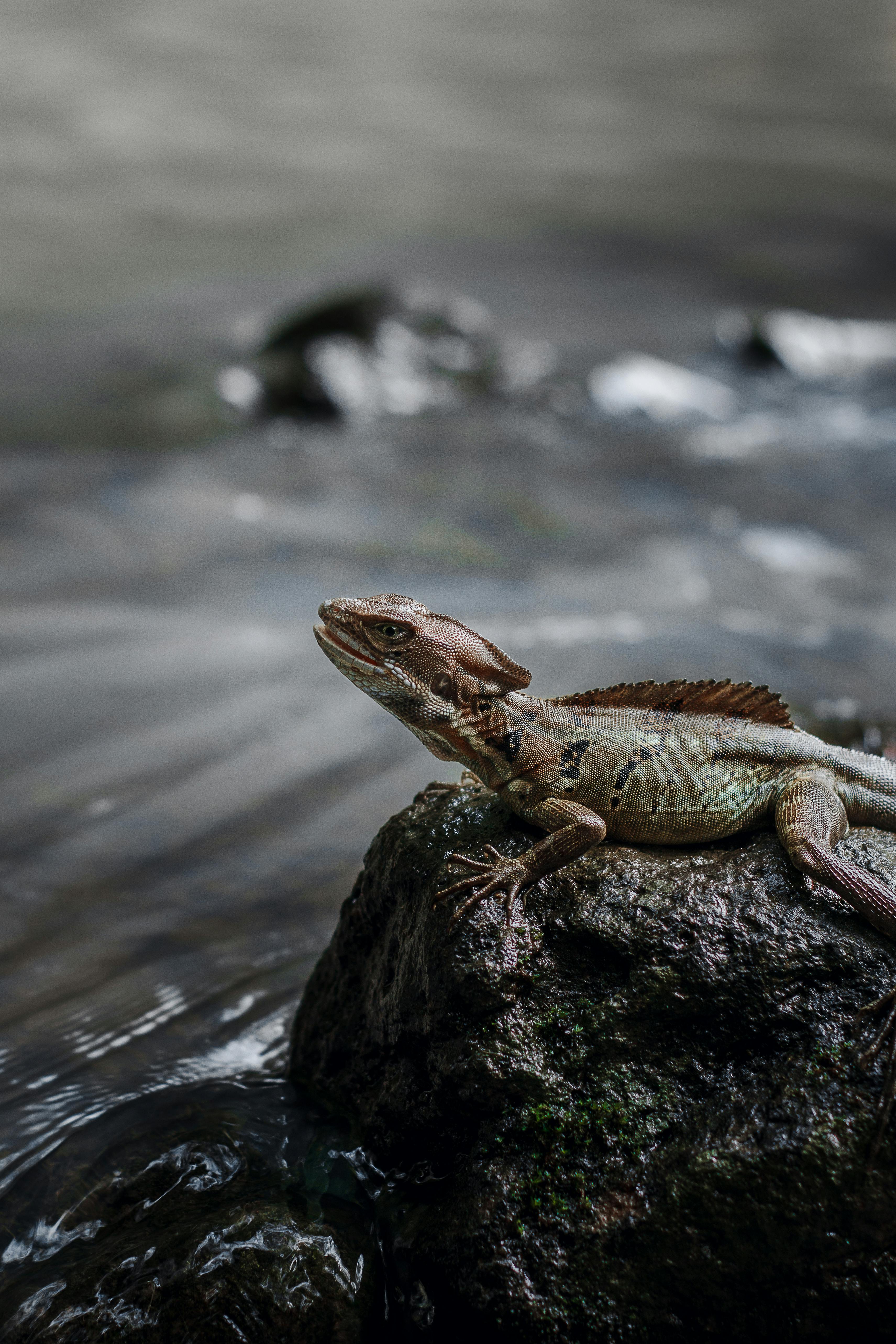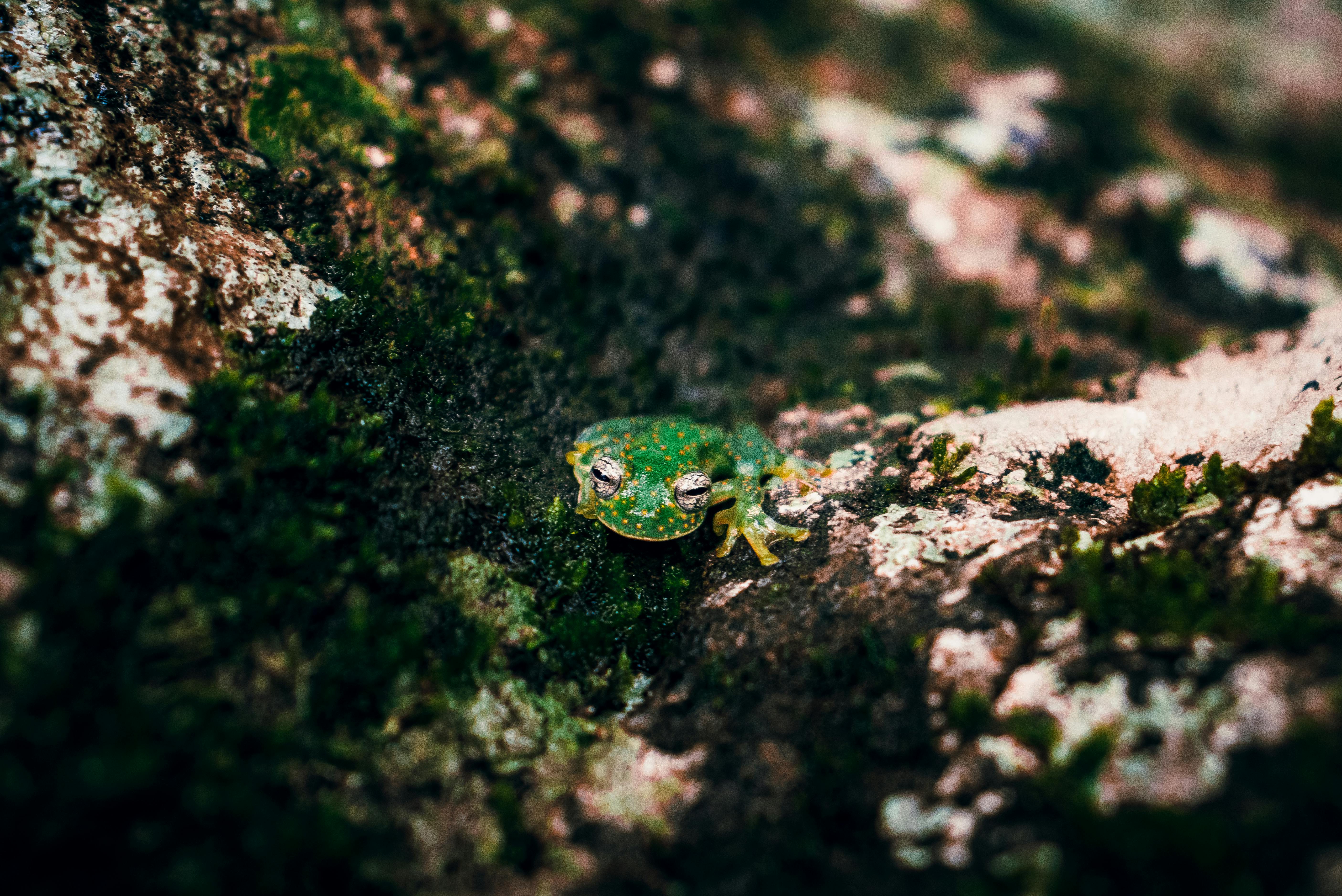Do you have a reptile as a pet? Are you having trouble with your reptile being too aggressive during feeding time? Well, you’re in luck! This article will help you understand why reptiles sometimes get aggressive during meals and give you some helpful tips on how to solve this behavior. So, if you want to have a peaceful and enjoyable feeding experience with your reptile, keep reading!
Understanding Aggressive Feeding Behavior in Reptiles
What is aggressive feeding behavior?
Aggressive feeding behavior in reptiles refers to a pattern of behavior where a reptile exhibits intense and defensive behavior during feeding time. This behavior can include lunging, biting, hissing, or otherwise acting aggressively toward their food source or anyone who approaches while they eat.
Causes of aggressive feeding behavior
Several factors can cause aggressive feeding behavior in reptiles. These include territoriality, hunger and competition, mating and reproductive behavior, and environmental factors. Understanding these causes can help us address the issue and ensure the well-being of our reptile friends.
Impacts of Aggressive Feeding Behavior
Aggressive feeding behavior can have negative impacts on both the reptile and its caretaker. For the reptile, it can lead to self-inflicted injuries, increased risk of infection, and potential malnutrition. For the caretaker, it can create a stressful and unsafe environment during feeding time. It is important to address aggressive feeding behavior to ensure the health and safety of both the reptile and its caretaker.
Identifying Aggressive Feeding Behavior
Signs and symptoms
To identify aggressive feeding behavior, it is important to observe the reptile during feeding time. Look out for signs such as lunging at prey, biting or striking repeatedly, hissing, puffing, or inflating their body, or acting defensively towards their food source. These behaviors indicate aggression rather than normal feeding behavior.
Differentiating aggressive feeding from normal behavior
Differentiating aggressive feeding behavior from normal behavior can be challenging. It is important to understand the reptile’s typical behavior during mealtime. If the reptile consistently displays defensive and aggressive behaviors during feeding, it is likely to experience aggressive feeding behavior.

Factors Influencing Aggressive Feeding Behavior
Territoriality
Reptiles, like other animals, have a natural territorial instinct. They may become aggressive during feeding to protect their food source or feeding area. Providing a separate feeding area can help alleviate territoriality issues and reduce aggressive feeding behavior.
Hunger and competition
Reptiles that are hungry or feel the need to compete for food may exhibit aggressive feeding behavior. Ensuring a proper feeding schedule and quantity can help reduce hunger-related aggression. Additionally, feeding reptiles individually can minimize competition and aggressive behavior.
Mating and reproductive behavior
During mating and reproductive seasons, some reptiles may display aggressive feeding behavior. This behavior is often linked to hormonal changes and the instinct for reproduction. Providing appropriate environmental enrichment and reducing stressors can help manage aggressive feeding behavior during mating seasons.
Environmental factors
Reptiles are sensitive to their environment, and certain factors can contribute to aggressive feeding behavior. These may include inadequate space, lack of hiding spots, poor temperature or humidity levels, and noisy or stressful surroundings. Creating a suitable and stress-free environment for reptiles can alleviate aggression during feeding.
Preventing Aggressive Feeding Behavior
Providing adequate space
Ensuring reptiles have proper space to move around and eat without feeling threatened is crucial. Providing a spacious enclosure with appropriate hiding spots and feeding areas can help reduce aggressive feeding behavior.
Proper feeding schedule and quantity
Establishing a consistent feeding schedule and providing the right quantity of food can help prevent hunger-related aggression. It is important to research the specific dietary needs of your reptile and consult with a veterinarian if necessary.
Observing individual feeding behavior
Observing the individual feeding behavior of each reptile is important. Some reptiles may have particular feeding preferences or may require additional monitoring during feeding. By understanding their individual needs, you can address any potential aggression more effectively.
Minimizing stressors
Reducing stressors in the reptile’s environment can help alleviate aggression during feeding. These stressors can include excessive handling, loud noises, sudden movements, or changes to their enclosure. Keeping a calm and predictable environment is beneficial for both the reptile and the caretaker.
Avoiding direct interaction during feeding
Directly interacting with a reptile during feeding can trigger aggression. It is important to avoid touching or interfering with the reptile while it is consuming its food. This helps create a safe and peaceful feeding environment for the animal.

Addressing Aggressive Feeding Behavior
Gradual desensitization and training
Gradual desensitization involves exposing the reptile to feeding situations in a controlled and calm manner. This helps them become more comfortable and less aggressive over time. Positive reinforcement techniques, such as rewarding calm behavior during feeding, can also be used to address aggression.
Utilizing distraction techniques
Using distraction techniques can redirect a reptile’s attention away from aggressive behavior. This can include introducing new toys or objects in their enclosure or engaging them in other activities before and during feeding time. By redirecting their focus, aggression can be diminished.
Introducing feeding obstacles or puzzles
Introducing feeding obstacles or puzzles can help stimulate the reptile’s natural foraging behavior and engage its mind. This can be done through the use of feeding devices or by hiding food throughout their enclosure. By providing mental stimulation, aggression during feeding can be reduced.
Seeking Professional Advice
When to consult a reptile veterinarian
If you are experiencing persistent or severe aggressive feeding behavior in your reptile, it is advisable to consult a reptile veterinarian. They can assess the situation, provide expert guidance, and rule out any underlying health problems that may be contributing to the aggression.
Working with an experienced reptile behaviorist
An experienced reptile behaviorist can provide specialized knowledge and techniques to address aggressive feeding behavior. They can work with you to develop a customized plan that caters to the specific needs of your reptile. Seeking their assistance can greatly enhance the success of resolving the aggression.
Potential Health Risks and Injuries
Self-inflicted injuries
Aggressive feeding behavior can result in self-inflicted injuries, such as bites or scratches if reptiles become overly aggressive during feeding. These injuries can range from minor wounds to more severe damage, requiring veterinary attention.
Risk of infection
When reptiles exhibit aggressive feeding behavior, the risk of infection increases. Bites, scratches, or other injuries caused by aggressive behavior can introduce bacteria or pathogens into the reptile’s body. Prompt medical attention is important to prevent and treat any potential infections.
Potential for malnutrition
Aggressive feeding behavior can also lead to malnutrition, especially if the reptile is not consuming the appropriate diet or is unable to access its food due to aggression. This can negatively impact their overall health and well-being, so it is important to ensure they receive the necessary nutrients.
Alternative Feeding Methods for Aggressive Reptiles
Live feeding vs. frozen or pre-killed prey
For reptiles that exhibit aggressive feeding behavior towards live prey, alternative feeding methods can be employed. Using frozen or pre-killed prey reduces the risk of injury to the reptile and promotes a safer feeding environment.
Using feeding tongs or prey scenting
Feeding tongs can be used to safely deliver food to aggressive reptiles, keeping your hands out of harm’s way. Additionally, prey scenting can attract the reptiles to their food source, making the feeding process more efficient and less aggressive.
Feeding in a separate enclosure
If aggression is a persistent issue during feeding, feeding the reptile in a separate enclosure can help resolve the problem. This ensures that the reptile feels safe and is less likely to exhibit aggressive behavior.
Assisted feeding techniques
In extreme cases, assisted feeding techniques may be necessary. This involves the use of specialized tools or feeding devices to assist the reptiles in consuming their food. These techniques should only be used under the guidance of a reptile veterinarian or behaviorist.
Monitoring and Evaluating Progress
Documenting changes in behavior
Monitoring and documenting changes in behavior is crucial when addressing aggressive feeding behavior. Record any improvements or setbacks, as well as environmental changes, feeding schedules, or other factors that may impact the reptile’s behavior.
Maintaining a feeding log
Keeping a feeding log can help identify patterns or triggers for aggressive behavior. Note the reptile’s behavior before, during, and after feeding, as well as any changes made to their environment or feeding routine. This log can be a valuable resource for evaluating progress and making adjustments.
Reassessing strategies if necessary
If the initial strategies to address aggressive feeding behavior are not effective, it may be necessary to reassess and modify the approach. Consult with a reptile veterinarian or behaviorist to develop new strategies based on the reptile’s specific needs and behaviors.
Conclusion
Aggressive feeding behavior in reptiles can be a challenging issue to address, but with patience and proper techniques, it can be managed effectively. Understanding the causes, identifying the signs, and implementing preventive measures are essential steps in promoting a safe and peaceful feeding environment for both reptiles and their caretakers. By seeking professional advice when needed and closely monitoring progress, aggressive feeding behavior can be successfully resolved, ensuring the health and well-being of these fascinating creatures.

